"I don’t feel comfortable if I’m not contributing in some way. I feel like there’s something lacking."
I have hope that the day-to-day work that we’re doing is eventually going to contribute to a change.
"When you go in the field and you talk to the people that are using the tool that you’re working on, and you see the impact (...), that’s what makes it worthwhile."


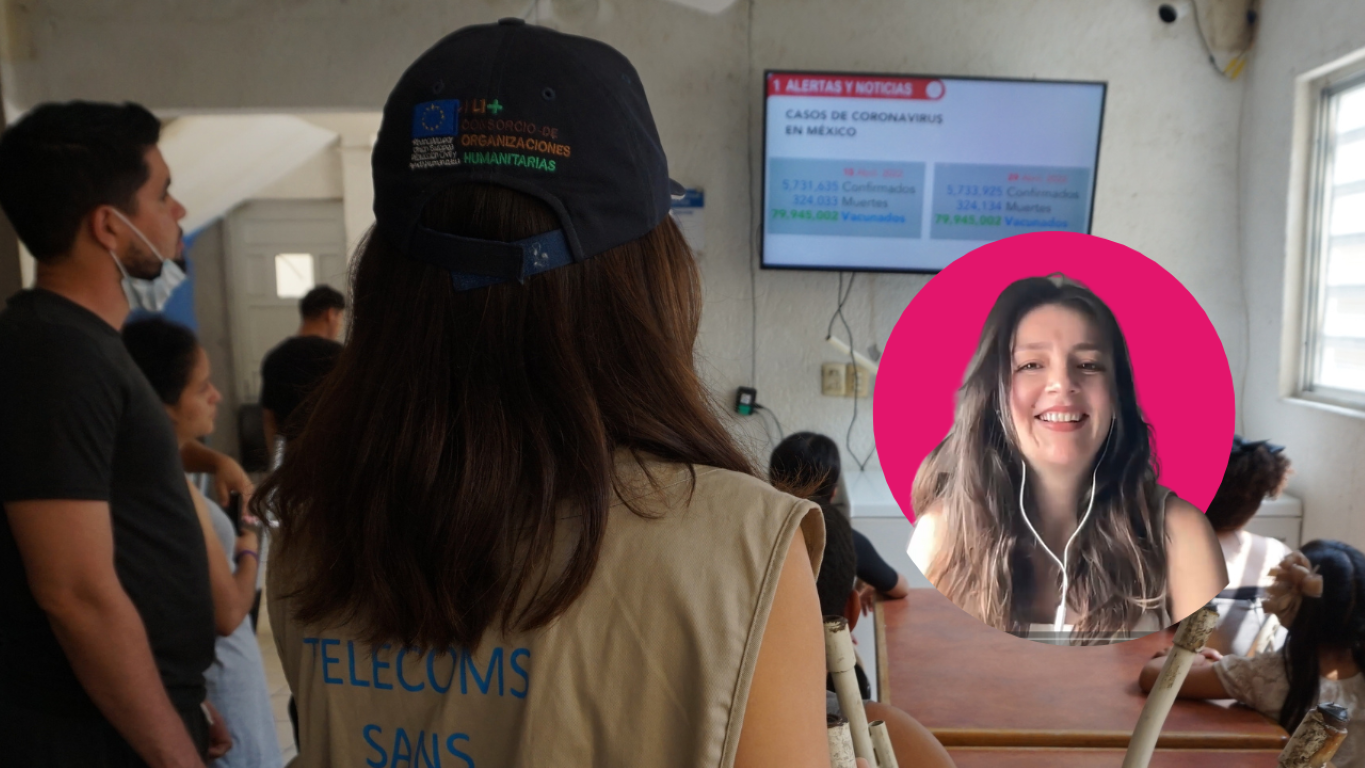



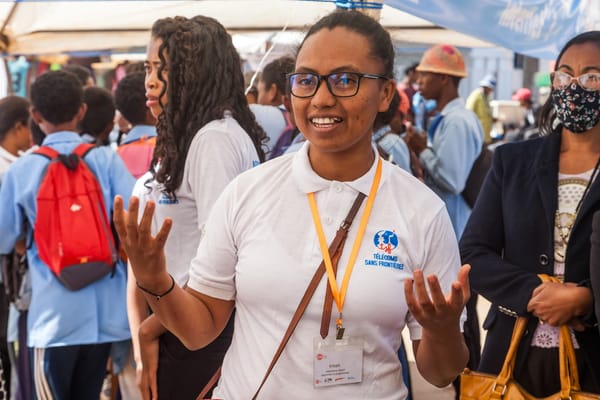
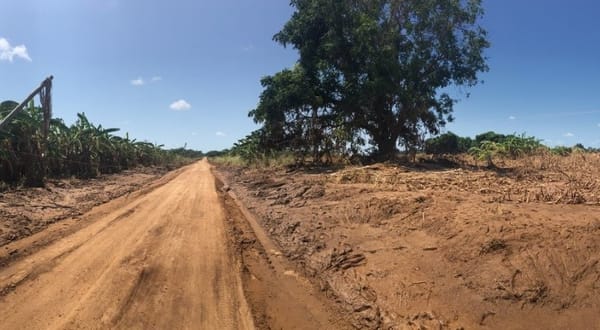
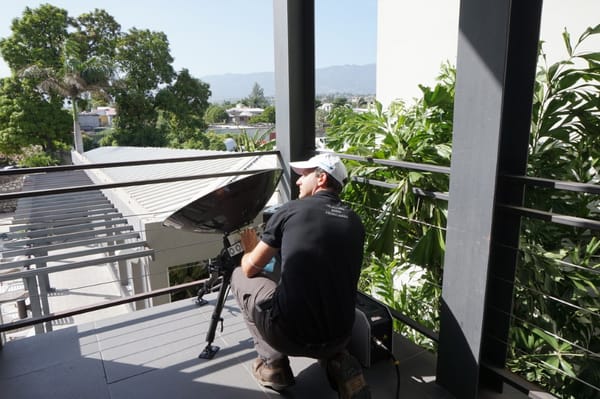
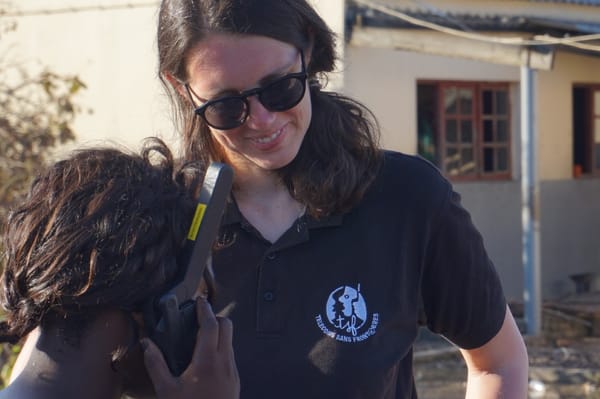
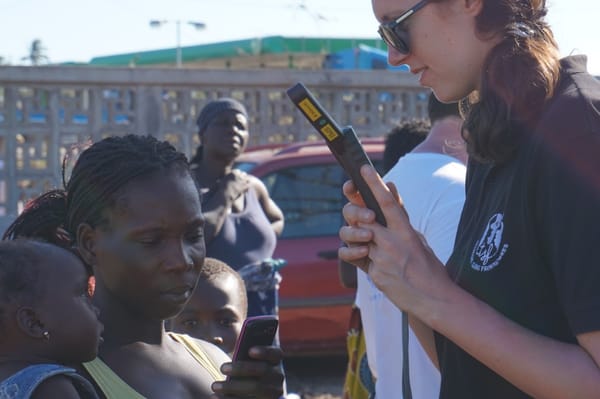
Member discussion